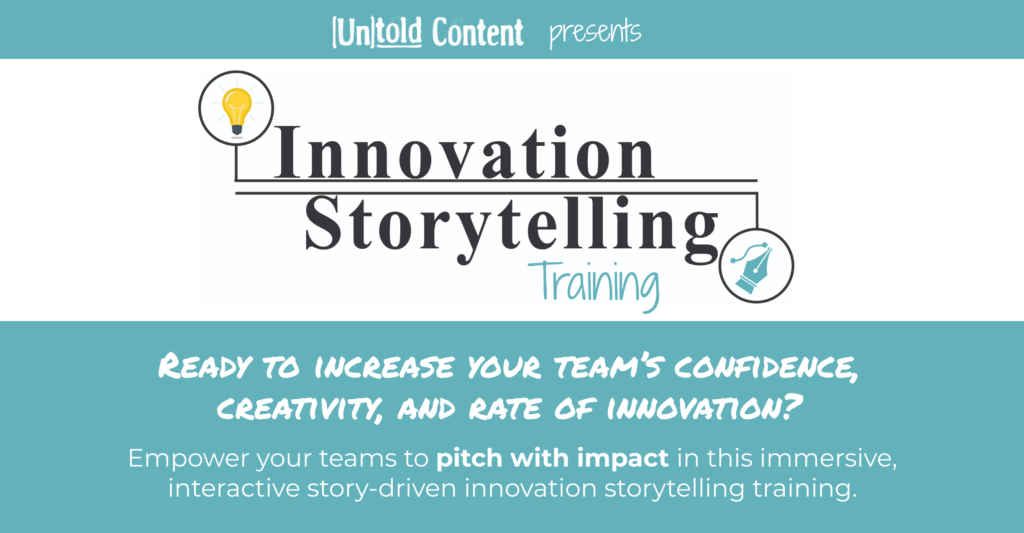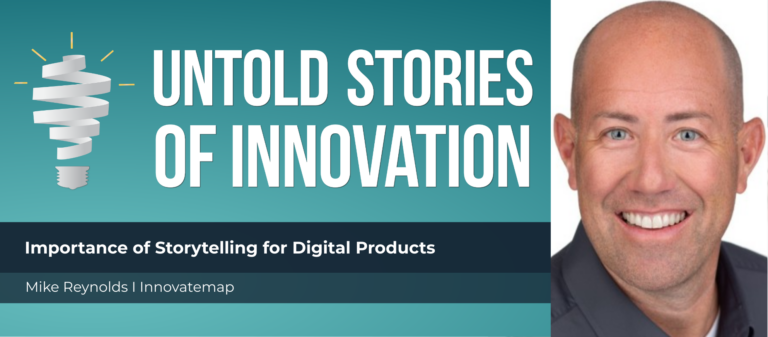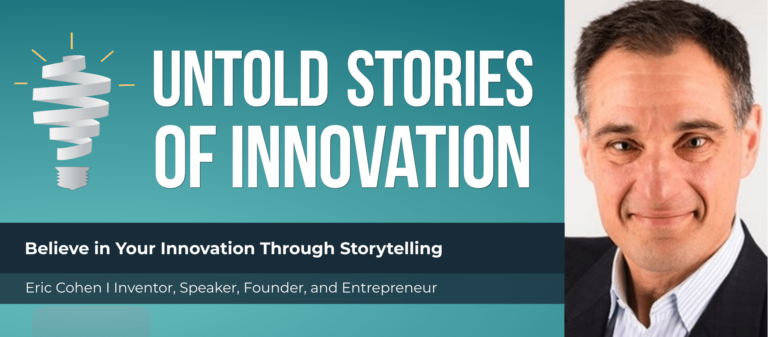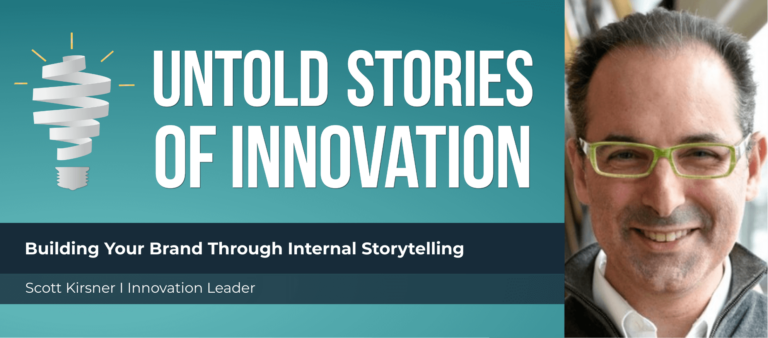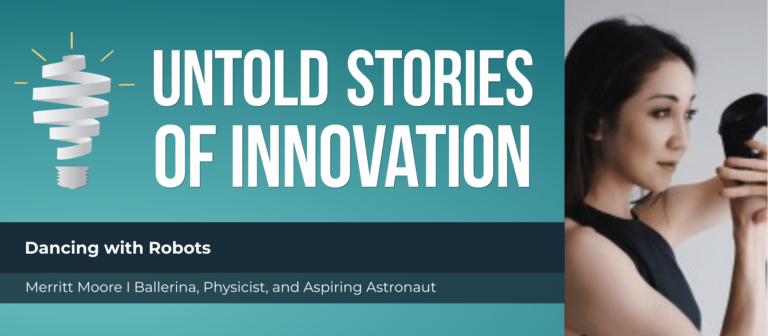Black Lives Matter to Innovation
Black Lives Matter to Innovation - Untold Stories of Innovation
From today’s episode you’ll learn:
In this special episode of Untold Stories of Innovation, we wanted to highlight the voices of Black innovators. This sizzle reel features quotes from previous interviewees who share the importance of diversity, equity, and inclusion to innovation. We believe it’s important to amplify Black voices in innovation and to increase the amount of venture capital granted to innovators of color. Once you hear these highlights, we encourage you to listen to each interviewee’s full episode to get the full context of their innovative work.
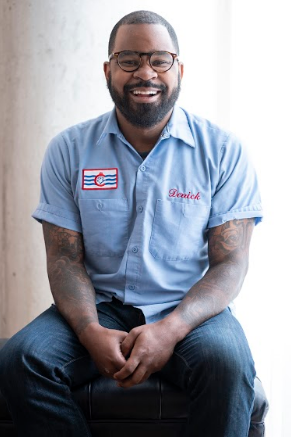
Derrick Braziel is a young, energetic individual who has learned through life experiences the intrinsic value of hard-work and dedication; enabling seemingly ordinary people to achieve the extraordinary. Devoted to inspiring Underrepresented Innovators

Angela B. Freeman is a Partner in the Indianapolis office of Barnes & Thornburg, one of the top 100 law firms in the country, and a member of the firm’s Intellectual Property Department and Life Sciences Practice Group. With a background of over 15 years as a biologist, Ms. Freeman assists clients in intellectual property matters involving highly technical subject matter.
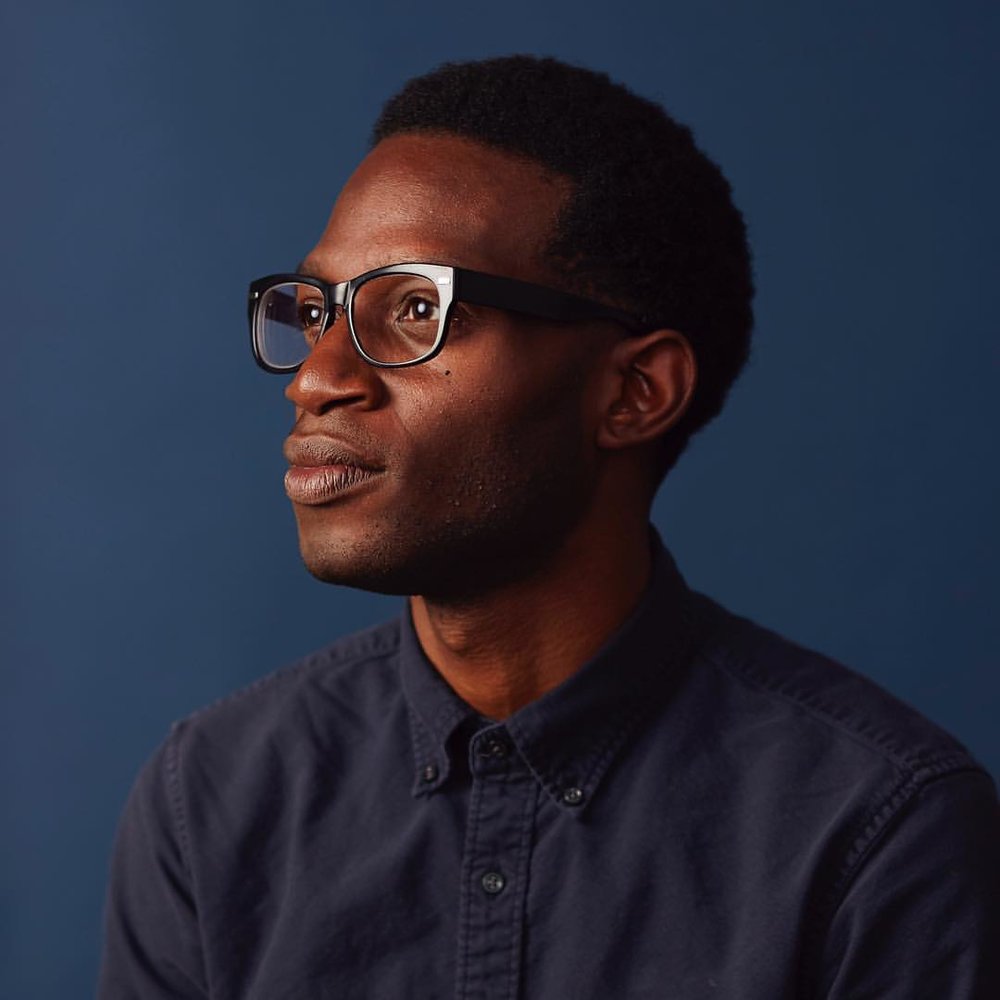
Dan Miller is an experienced Product Manager with a demonstrated history of working in the consumer tech. Skilled in Sales, Product Design, Research, Management, and Operations. Strong product management professional who studied innovation at Stanford University Graduate School of Business.
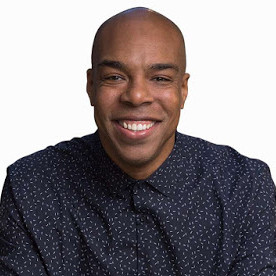
Chris Denson is an award-winning innovation advocate, marketer, host, content creator, and recovering comedian. As both a storyteller and practitioner, he is an expert at uncovering unique business insights, cultural touchpoints, technological capability, imaginative thinking, and the emotional intelligence required to bring groundbreaking ideas to life. He is the author of the Amazon #1 bestselling book, "Crushing the Box: 10 Essential Rules for Breaking Essential Rules," a series of personal and professional examinations of what it takes to thrive in today's innovation economy.
untoldcontent.com/trainings/innovation-storytelling-training
TRANSCRIPT – Black Lives Matter to Innovation
Derrick Braziel: [00:00:03] You’re going to make a ton of mistakes. But if you fail forward and you’re not afraid of learning from those mistakes and sometimes doing it in a very public way, I think that will separate you from other people who are waiting to always be perfect. So, know your value. Start messy. And don’t be afraid to fail forward.
Chris Denson: [00:00:21] Most of us know what we’ll do if we fail. Right. We’ll go back to the job, or you know, I’m going to give it a year. And if it doesn’t work, I’m going to go and do X Y. But we don’t plan for if it really works. What are the possibilities?
Derrick Braziel: [00:00:34] We should recognize that we’re going to make mistakes. We don’t have all the answers. But if you’re willing to sit there and listen to one another, I think there’s an opportunity for relationships.
Dan Miller: [00:00:44] All the opportunities that exist in the universe exist currently in this moment. Meaning if we’re buying into the laws of thermodynamics — which explain the foundational components of this universe in that matter is not created, it just changes form — then all possibilities for creating the future exist currently in this moment. And it’s our job as innovators, as entrepreneurs to connect the dots to make sure that we can create the future.
Derrick Braziel: [00:01:17] We teach entrepreneurship in the United States based upon one particular worldview: white, straight, male. And typically those people come from a position of privilege.
Katie Trauth Taylor: [00:01:23] And they are the ones who get most of the venture capital still. Things are getting better, but it’s a slow process, slow process.
Derrick Braziel: [00:01:32] So, the first thing to recognize is there are other ways to teach entrepreneurship. And we recognize that people of color, we have different learning styles and different cultural references and different cultural contexts. So, we wanted to figure out a way that we could teach the nuances and the principles of entrepreneurship in a way that was digestible to folks that traditionally have not been incorporated into those traditional entrepreneurial systems. What we wanted to do was to build bridges. We wanted to find these entrepreneurs and train them and to build their confidence in themselves while also working with those folks that were at the time decision makers, whether it’s developers or whoever it might be, and to provide a bridge for those folks who work together to find common goals, common objectives. And the hope is that when this would happen, you have a more diverse, economically inclusive community. And I believe we’re starting to see that in Over the Rhine.
Chris Denson: [00:02:28] How do you pass down the generational knowledge or behavior?
Dan Miller: [00:02:32] We are designing healthcare, primary care in particular, specifically designed for people of color in the United States. And so our goal is to address racial and ethnic healthcare disparities across the Latinx, Black American, South Asian and East Asian American communities in particular—but we’re not exclusionary to any other groups, we are very inclusive of these groups and are uniquely designing experiences for them with the hypothesis of if we do so, we’ll be able to address significant health care disparities.
Derrick Braziel: [00:03:02] All of us want Cincinnati to be the best possible place. And I think that most of us would agree that it’s a better city if all of us can participate.
Chris Denson: [00:03:10] Sometimes there’s a disconnect between what an audience might expect from a person or brand versus what we feel comfortable giving them.
Angela Freeman: [00:03:20] Now we have a particular focus on diversity and equity and inclusion for all girls and all women. And just make them have the opportunity to be exposed to STEM, to know that they can excel and advance in STEM, that you can be independent, and just build that confidence in young girls so that the next generation of women in science, technology, engineering and math, you know, don’t face some of the same obstacles that me and my generation have. That’s all you can do, right, is try to instill and invest in the next generation.
You can listen to more episodes of Untold Stories of Innovation Podcast.
*Interviews are not endorsements of individuals or businesses.

